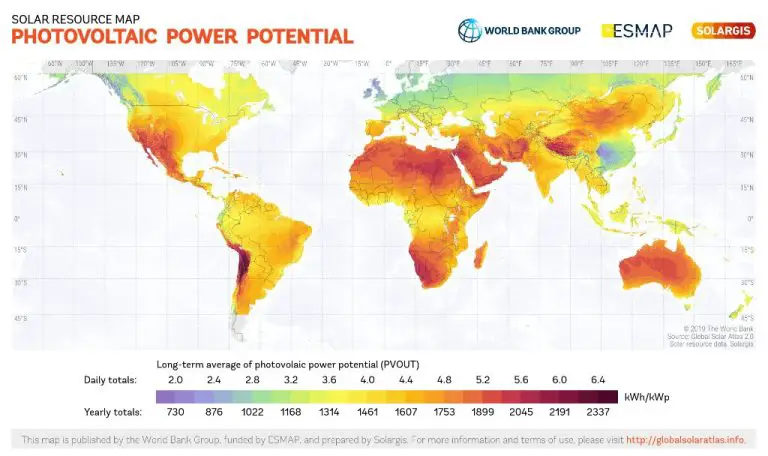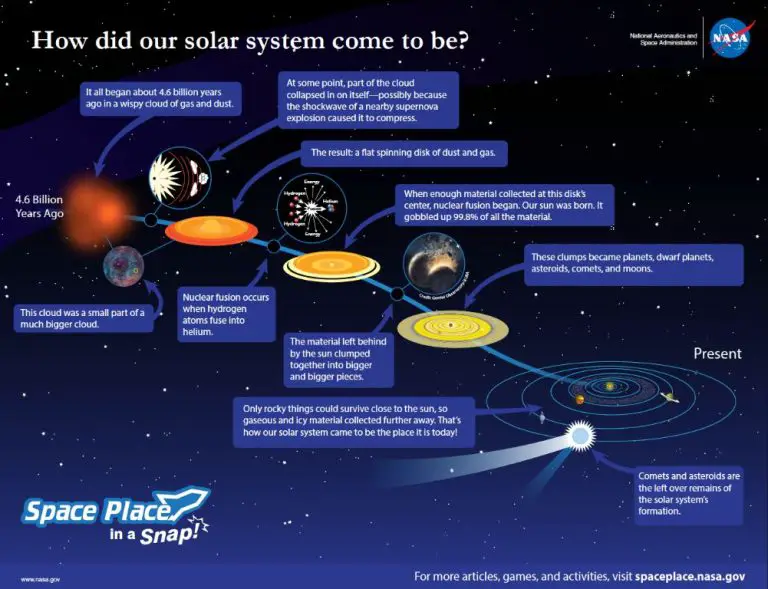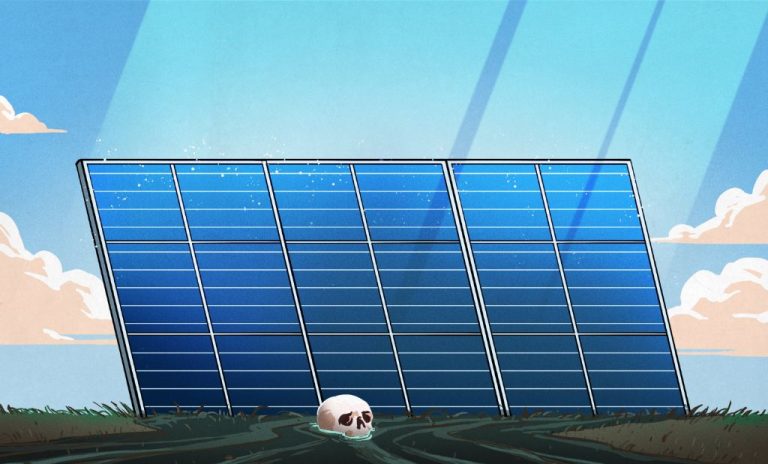Can You Sell Solar Virtually?
Virtual solar sales refers to the process of selling residential or commercial solar energy systems completely through remote digital channels, without any in-person meetings. This is in contrast to the traditional solar sales model which relies heavily on door-to-door sales and in-home consultations. With virtual solar sales, the entire process from lead generation to contract signing can potentially happen online or over the phone/video call.
Some key questions around virtual solar sales include: Can you effectively sell complex, highly customized solar systems without an in-person visit? How can solar companies adapt their sales process for a virtual environment? What tools and training do sales teams need for virtual selling? How can virtual sales provide the same personalized experience as face-to-face consultations? While virtual sales opens new opportunities, it also comes with challenges that solar companies need to address.
This article will dive deeper into the benefits and challenges of transitioning to virtual solar sales. We’ll share tips and best practices for solar companies looking to adapt their sales strategy for today’s digital-first world.
Benefits of Virtual Solar Sales
Transitioning to a virtual solar sales model provides several key benefits for both customers and solar companies.
For customers, virtual solar sales are much more convenient. Instead of having to schedule an appointment and take time off work for an in-home solar consultation, customers can learn about solar options on their own time by browsing company websites and scheduling virtual consultations at their convenience. This flexibility makes the solar buying experience much easier on customers.
Solar companies also benefit from the lower costs associated with virtual sales. Without the need to send salespeople on expensive in-person visits, solar companies can save on transportation, travel time, and other expenses. These cost savings allow solar companies to offer more competitive pricing to their customers.
In addition, virtual solar sales allow companies to reach many more potential customers across a wider geographic area. Not being limited by physical location opens up new customer bases that were previously difficult or impossible to access.
The scalability of virtual sales is another major benefit for solar companies. Digital marketing and virtual consultations make it easy to scale up sales volumes quickly without added costs. Overall, transitioning to virtual sales unlocks new levels of revenue growth, reach, and profitability.
Challenges of Virtual Solar Sales
Selling solar systems virtually brings unique challenges compared to traditional in-person sales. Here are some of the main difficulties faced when transitioning to remote solar sales.
Building trust without in-person interactions is more difficult. Meeting at someone’s home and inspecting their roof allows sales agents to establish rapport through face-to-face conversations. This is harder to achieve through a screen. Customers may be more hesitant to make a big investment without meeting someone in person first.
Inability to inspect homes/roofs virtually makes it harder to provide accurate quotes. Without seeing the physical layout and conditions of a property, it’s challenging to properly size a solar system and estimate costs/savings. This can lead to mistakes in proposals that reduce customer confidence.
Virtual interactions can feel less personalized. It’s easier for sales agents to provide custom recommendations when they see the customer’s home firsthand. Generic proposals over video chat seem less tailored to the individual.
Harder to answer detailed technical questions. When meeting virtually it’s difficult for sales agents to thoroughly assess complicating factors like roofing material, shading, electrical setup, etc. This makes it harder to address very specific customer questions.
Keys to Successful Virtual Solar Sales
There are several keys to running an effective virtual solar sales process. First, having a well-designed website that clearly explains your services, has lots of educational content, and contains tools like ROI calculators can help customers learn about solar and determine if it’s a good fit for their home without having to talk to a salesperson. High-quality video calling software is also essential so sales teams can give virtual consultations and “walkthroughs” just like an in-person visit.

Follow-up emails and texts are important for nurturing leads and keeping customers engaged throughout the sales process. Solar sales reps need to be skilled at clearly explaining the process, pricing, and timeline in a virtual setting. It’s important they can convey the value proposition and get buy-in without being onsite. Practicing sales pitches and training reps to adapt their skills for virtual interactions is key. With the right tools, strategy, and training, solar companies can leverage virtual meetings and communication to successfully sell and close deals remotely.
Necessary Tools and Software
To effectively sell solar systems virtually, solar sales teams need access to certain tools and software. This allows sales reps to engage with prospects, present information, close sales, and get contracts signed without ever meeting the customer in person. Some of the most important tools for virtual solar sales include:
CRM Software – A customer relationship management (CRM) platform is essential for tracking leads, managing accounts, and streamlining the sales process. Popular CRM choices like Salesforce, HubSpot, and Zoho help sales reps organize prospect info, automate follow-ups, and analyze sales data.
Website Builder – A custom website with lead generation tools like chatbots provides a powerful online sales presence. Builders like Squarespace, Wix, and WordPress make it easy to quickly create an authoritative, professional site.
Video Conferencing – Platforms like Zoom, Google Meet, and GoToMeeting enable sales reps to give virtual consultations, demos, and pitches. Being able to talk face-to-face and share screens builds trust and rapport with prospects.
Digital Signature/Contract Software – Secure e-signature services like DocuSign allow contracts to be signed digitally without in-person meetings. This is essential for completing sales and installations virtually.
Roof Analysis Tools – Solar design apps like Aurora and Nearmap provide aerial views of roofs and advanced modeling capabilities. This allows sales reps to assess roof suitability and design systems without site visits.
Tips for Closing Deals Virtually
Closing solar deals virtually requires some adjustments to traditional sales tactics. Here are some tips for maximizing virtual solar sales:
Build trust through content marketing before sales call. Publishing helpful content like blogs, videos, and guides allows leads to get to know your company and establishes credibility before ever talking to a sales rep. This makes them more inclined to buy.
Maintain excellent communication. Be available by phone, email, and any other channels leads prefer. Quickly respond to questions and objections. Overcommunication prevents leads from forgetting about you.
Ask probing questions. Learn about leads’ needs in detail through strategic questions. Then tailor your pitch to explain how solar meets those needs. Active listening builds connection.
Use testimonials and case studies. Social proof is powerful, even virtually. Share video testimonials from satisfied customers. Walk through specific examples of successful solar installations.
Following these tips will lead to higher conversion rates on virtual solar sales calls. They help establish trust and rapport when you cannot meet prospects face-to-face.
Training Solar Sales Teams
Solar sales teams will need tailored training to thrive in the virtual sales environment. Roleplaying through common scenarios during virtual solar appointments can help sales reps practice techniques for building rapport remotely and guiding customers through the solar purchasing process. Extensive roleplaying of virtual sales calls allows teams to simulate different homes, needs, and customer personalities to become comfortable handling diverse situations.
Dedicated virtual system design training is critical, as sales reps will not have the benefit of an in-person site visit for system design. Advanced remote shading analysis tools, 3D modeling software, and other resources can help reps become proficient at designing systems based on limited inputs and data points. Simulating different site layouts, roof types, and module placement options during training ensures reps can design optimal systems for each customer.
Soft skills like active listening, conversational tone, and presenting complex information simply are more important than ever in a virtual setting. Sales training should have a strong emphasis on relationship-building skills, maintaining enthusiasm and energy through a video screen, and guiding customers through the process in a consultative, educational way. With refined virtual communication talents, solar sales teams can provide an excellent customer experience remotely.
Adapting Sales Pitches
When adapting traditional solar sales pitches for the virtual environment, it’s important to lead with educating customers on the benefits of solar. For example, explaining how solar can provide long-term savings, energy independence, and environmental benefits. Depending on the customer, you may want to focus more on potential cost savings or protecting the environment. The key is understanding their goals and pain points early in the process.
From there, the sales pitch should be customized based on the individual goals and motivations you uncover. For prospects focused on saving money, emphasize the long-term cost savings and ROI of solar. For those concerned about energy reliability, focus on how solar and storage provides energy security. And for eco-conscious customers, highlight the sustainability benefits.
It’s also critical to explain how the virtual sales process is secure and protects the customer’s best interests. Highlight safety measures like video conferencing, screen sharing, and electronic signatures. Emphasize how these technologies allow you to provide an excellent customer experience remotely. Reassure the customer that going virtual won’t compromise the quality of service.
With a consultative, personalized approach focused on education and virtual security, solar sales teams can adapt their pitches for successful virtual selling.
The Future of Virtual Solar Sales
As virtual solar sales become more commonplace, we can expect to see increasing adoption of these practices across solar companies of all sizes. The success of early adopters will inspire others to develop their own virtual sales strategies. New tools and technologies like virtual and augmented reality will find their way into the solar sales process, enhancing the experience for both customers and sales representatives.
Virtual reality will allow potential solar customers to visualize installations on their own roofs. Augmented reality can provide informational overlays during virtual consultations. These technologies will help customers feel more confident in their buying decisions. Meanwhile, sales reps can improve their pitches and explanations.
We may also see new sales models develop as virtual practices evolve. For example, some companies may rely more on self-service options, interactive websites, and chatbots for the initial lead generation stages of the sales funnel. Then human sales reps can focus their efforts on personalized consultations with promising, pre-qualified leads rather than cold outreach. New combinations of automation and human interaction will maximize conversion rates.
As long as solar companies invest in the right tools, training, and processes for their teams, virtual solar sales have the potential to not only match but possibly exceed the effectiveness of traditional face-to-face sales. The solar industry is recognizing the flexibility and scalability offered by remote sales capabilities. Adoption will continue increasing in the coming years.
Conclusion
In conclusion, selling solar virtually comes with both benefits and challenges. The benefits include wider reach, lower costs, and flexibility. However, building trust and rapport can be harder remotely. The keys to success involve having the right tools, adapting sales training and pitches, and focusing on engaging the customer. Virtual solar sales are growing, and will likely be a major part of the future. But traditional face-to-face sales still have advantages that virtual interactions struggle to replicate.
This article has explored whether you can successfully sell solar energy systems through virtual channels rather than traditional in-person sales. While virtual sales present difficulties, they offer opportunities to dramatically expand your reach and lower costs. With careful attention to building customer relationships, having robust software tools, and adapting sales strategies, solar companies can thrive with virtual sales. The solar sales process continues to evolve, and virtual channels will play an increasing role going forward.
In summary, selling solar virtually is feasible and likely to grow, but also presents unique challenges that solar companies must address. With the right approach and tools, virtual solar sales can expand access to clean energy solutions for more homeowners.







